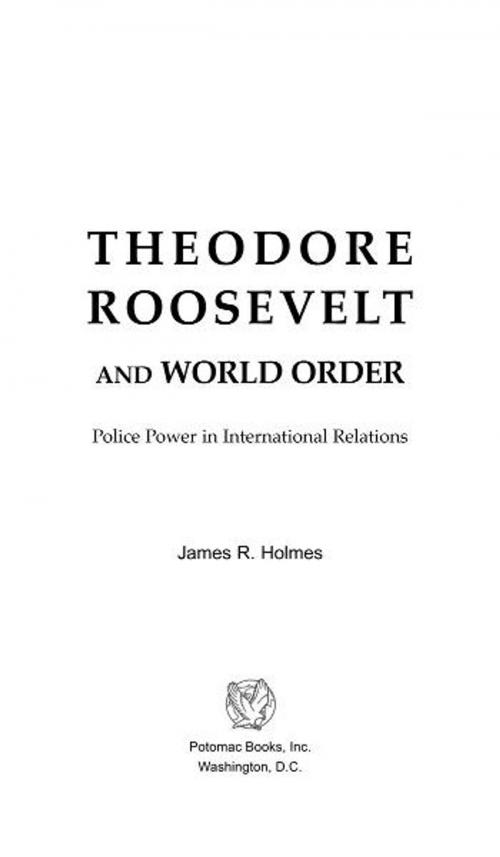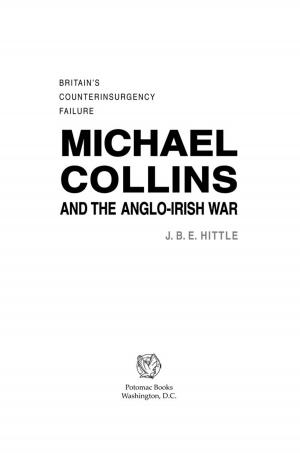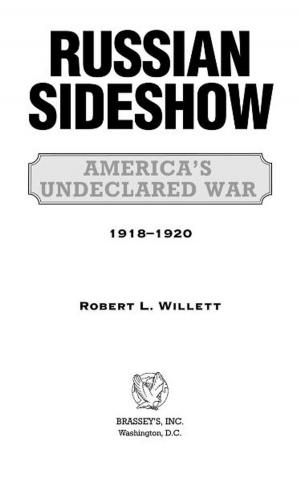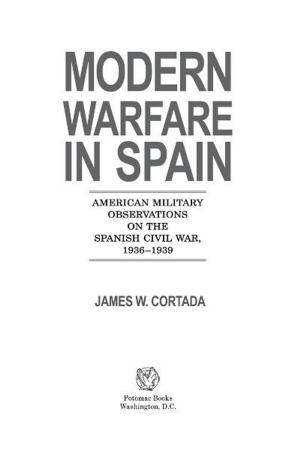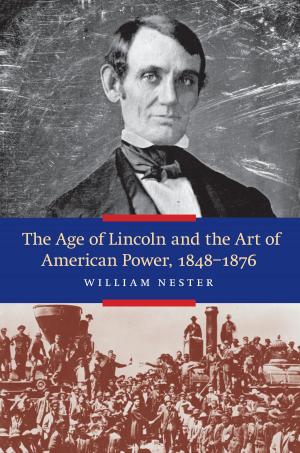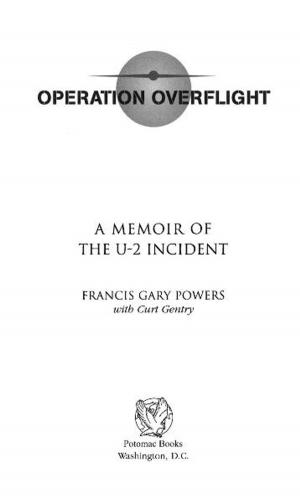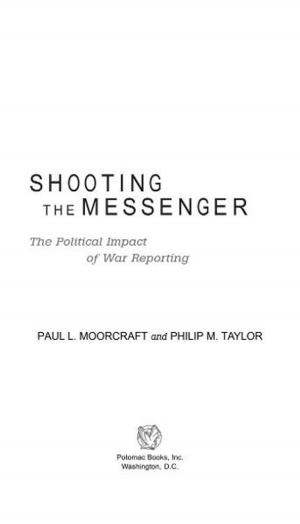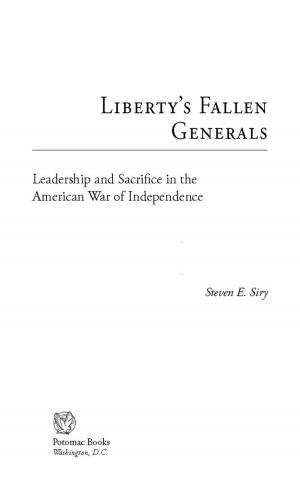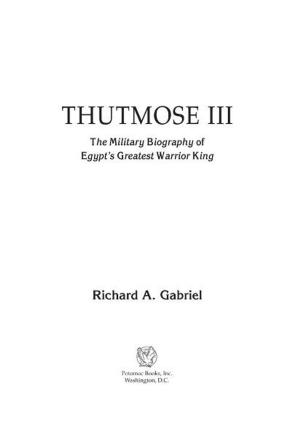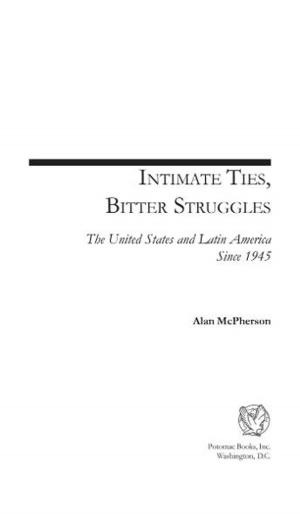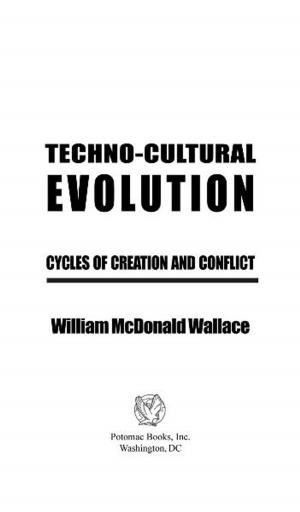Theodore Roosevelt and World Order
Nonfiction, Social & Cultural Studies, Political Science, International, International Relations, Biography & Memoir, Political| Author: | James R Holmes | ISBN: | 9781612343051 |
| Publisher: | Potomac Books Inc. | Publication: | January 31, 2006 |
| Imprint: | Potomac Books Inc. | Language: | English |
| Author: | James R Holmes |
| ISBN: | 9781612343051 |
| Publisher: | Potomac Books Inc. |
| Publication: | January 31, 2006 |
| Imprint: | Potomac Books Inc. |
| Language: | English |
Theodore Roosevelt and World Order presents a new understanding of TRÆs political philosophy while shedding light on some of todayÆs most vexing foreign policy dilemmas. Most know that Roosevelt served as New York police commissioner during the 1890s, warring on crime while sponsoring reforms that reflected his good-government convictions. Later Roosevelt became an accomplished diplomat. Yet it has escaped attention that TRÆs perspectives on domestic and foreign affairs fused under the legal concept of ôpolice power.ö
This gap in our understanding of RooseveltÆs career deserves to be filled. Why? TR is strikingly relevant to our own age. His era shares many features with that of the twenty-first century, notably growing economic interdependence, failed states unable or unwilling to discharge their sovereign responsibilities, and terrorism from an international anarchist movement that felled RooseveltÆs predecessor, William McKinley. Roosevelt exercised his concept of police power to manage the newly acquired Philippines and Cuba, to promote PanamaÆs independence from Colombia, and to defuse international crises in Venezuela and Morocco. Since the end of the Cold War, and especially in the postû9/11 era, American statesmen and academics have been grappling with the problem of how to buoy up world order. While not all of RooseveltÆs philosophy is applicable to todayÆs world, this book provides useful historical examples of international intervention and a powerful analytical tool for understanding how a great power should respond to world events.
This gap in our understanding of RooseveltÆs career deserves to be filled. Why? TR is strikingly relevant to our own age. His era shares many features with that of the twenty-first century, notably growing economic interdependence, failed states unable or unwilling to discharge their sovereign responsibilities, and terrorism from an international anarchist movement that felled RooseveltÆs predecessor, William McKinley. Roosevelt exercised his concept of police power to manage the newly acquired Philippines and Cuba, to promote PanamaÆs independence from Colombia, and to defuse international crises in Venezuela and Morocco. Since the end of the Cold War, and especially in the postû9/11 era, American statesmen and academics have been grappling with the problem of how to buoy up world order. While not all of RooseveltÆs philosophy is applicable to todayÆs world, this book provides useful historical examples of international intervention and a powerful analytical tool for understanding how a great power should respond to world events.
Theodore Roosevelt and World Order presents a new understanding of TRÆs political philosophy while shedding light on some of todayÆs most vexing foreign policy dilemmas. Most know that Roosevelt served as New York police commissioner during the 1890s, warring on crime while sponsoring reforms that reflected his good-government convictions. Later Roosevelt became an accomplished diplomat. Yet it has escaped attention that TRÆs perspectives on domestic and foreign affairs fused under the legal concept of ôpolice power.ö
This gap in our understanding of RooseveltÆs career deserves to be filled. Why? TR is strikingly relevant to our own age. His era shares many features with that of the twenty-first century, notably growing economic interdependence, failed states unable or unwilling to discharge their sovereign responsibilities, and terrorism from an international anarchist movement that felled RooseveltÆs predecessor, William McKinley. Roosevelt exercised his concept of police power to manage the newly acquired Philippines and Cuba, to promote PanamaÆs independence from Colombia, and to defuse international crises in Venezuela and Morocco. Since the end of the Cold War, and especially in the postû9/11 era, American statesmen and academics have been grappling with the problem of how to buoy up world order. While not all of RooseveltÆs philosophy is applicable to todayÆs world, this book provides useful historical examples of international intervention and a powerful analytical tool for understanding how a great power should respond to world events.
This gap in our understanding of RooseveltÆs career deserves to be filled. Why? TR is strikingly relevant to our own age. His era shares many features with that of the twenty-first century, notably growing economic interdependence, failed states unable or unwilling to discharge their sovereign responsibilities, and terrorism from an international anarchist movement that felled RooseveltÆs predecessor, William McKinley. Roosevelt exercised his concept of police power to manage the newly acquired Philippines and Cuba, to promote PanamaÆs independence from Colombia, and to defuse international crises in Venezuela and Morocco. Since the end of the Cold War, and especially in the postû9/11 era, American statesmen and academics have been grappling with the problem of how to buoy up world order. While not all of RooseveltÆs philosophy is applicable to todayÆs world, this book provides useful historical examples of international intervention and a powerful analytical tool for understanding how a great power should respond to world events.
